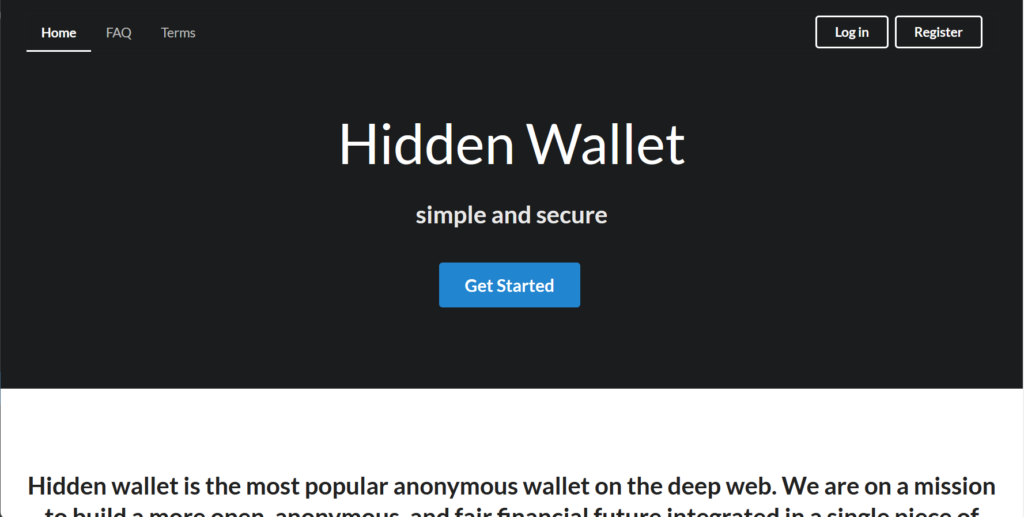Table of Contents
Togglehidden wallet – TOR Scam Report (1)
Onion Link: http://d46a7ehxj6d6f2cf4hi3b424uzywno24c7qtnvdvwsah5qpogewoeqid.onion
Scam Report Date: 2024/09/11
Client Scam Report Breakdown
Original Report Summary:
In the given client scam report, the user states, “never received my bitcoin that was sent” and adds that the email address provided for support by Hidden Wallet “doesn’t exist.” This type of complaint suggests a failure in the service’s operational promise, potentially signifying fraudulent activity. According to the original scam report, Hidden Wallet did not return or deliver the Bitcoin sent by the client, raising concerns about its legitimacy. The wallet service had claimed to offer a secure platform, emphasizing its Tor integration for maximum privacy and anonymity. The fact that the email address is non-functional further reinforces suspicions about the reliability of Hidden Wallet, as users would expect at least a working support system in a legitimate service. In this case, the lack of a response or ability to communicate directly with Hidden Wallet only exacerbates the user’s frustration and suspicion of foul play.
Terminology used in the report highlights various important concepts in the cryptocurrency and privacy space. Bitcoin, a decentralized digital currency, is often favored for online transactions due to its pseudonymous nature. However, services like Hidden Wallet take anonymity a step further by integrating Tor (The Onion Router), which encrypts user communications and conceals their identity by routing traffic through a distributed network. The service advertises itself as one that can break the chain of identity linked to Bitcoin transactions by avoiding compliance with AML (Anti-Money Laundering) and KYC (Know Your Customer) policies, which are typically required for exchanges and other financial institutions to prevent money laundering and other financial crimes. The report also touches on a concept called “mixing” or “Bitcoin washing,” which aims to further obfuscate the traceability of Bitcoin by mixing it with others, rendering it difficult to track the original source.
The fact that Hidden Wallet markets itself as a way to bypass government regulations and keep transactions anonymous may attract users seeking privacy for legitimate or illicit reasons. However, the core issue outlined in the report—non-delivery of Bitcoin and a non-functional email—indicates a possible scam setup. Hidden Wallet’s claim that it can ensure maximum privacy may have been leveraged to take advantage of users who are more concerned with anonymity than with service transparency. Without adhering to AML and KYC policies, Hidden Wallet operates outside of regulatory oversight, potentially leaving users with no legal recourse when issues like this arise. This case is an example of why caution must be exercised when dealing with deep web services, as many scams operate by promising anonymity while simultaneously exploiting users who have limited means of verification or recourse.







